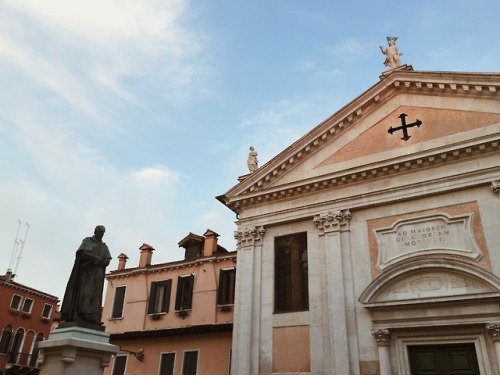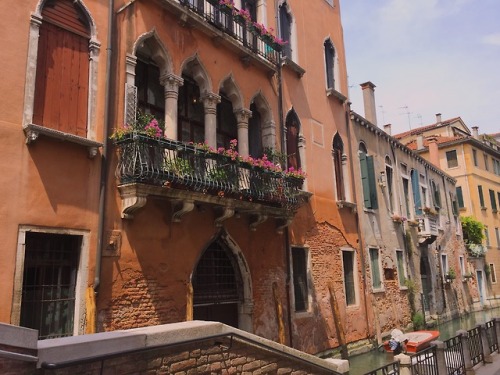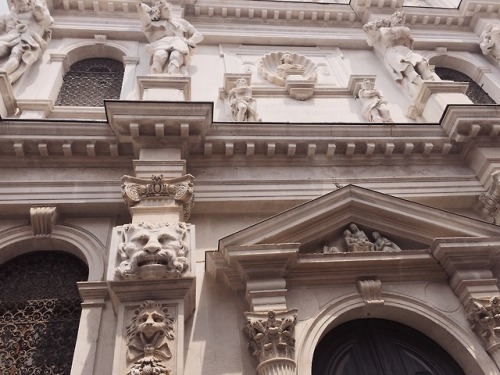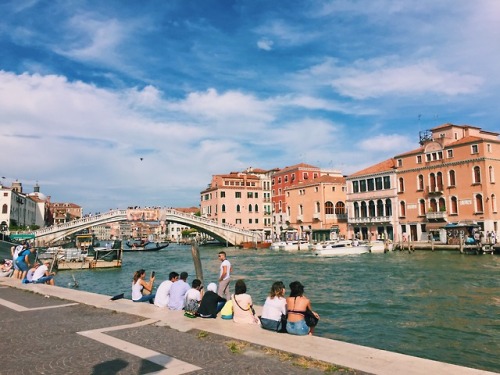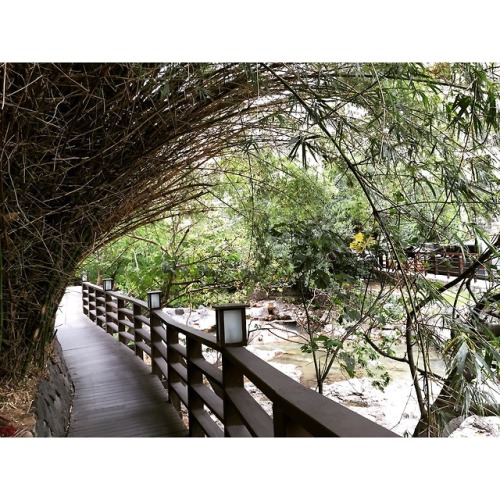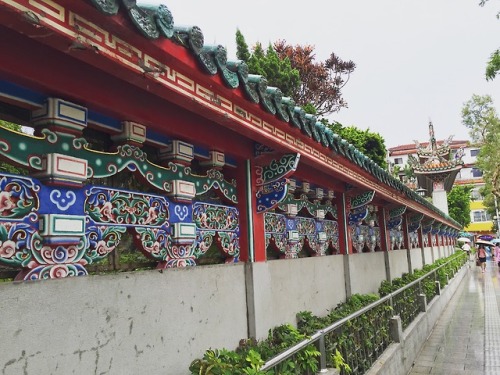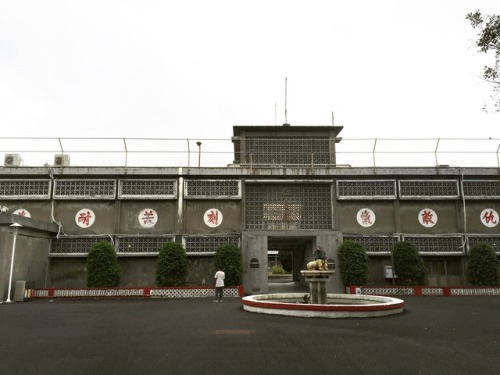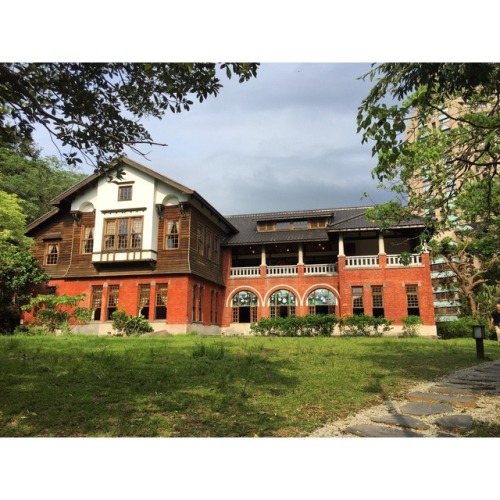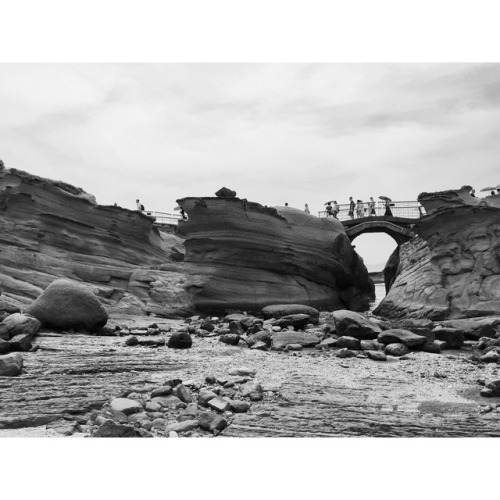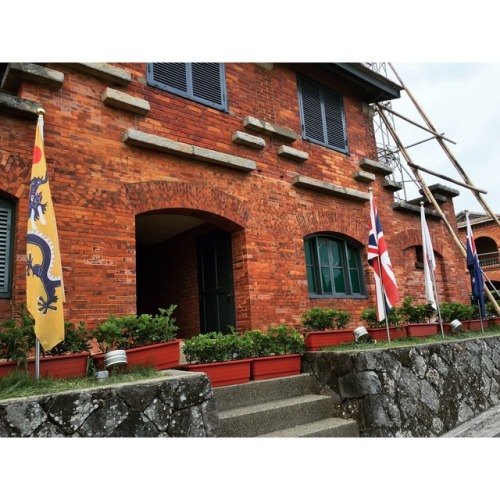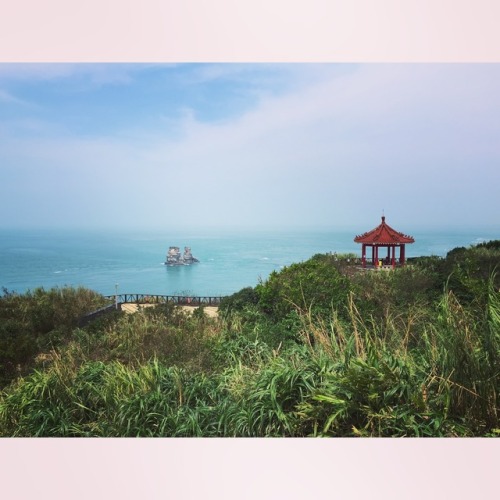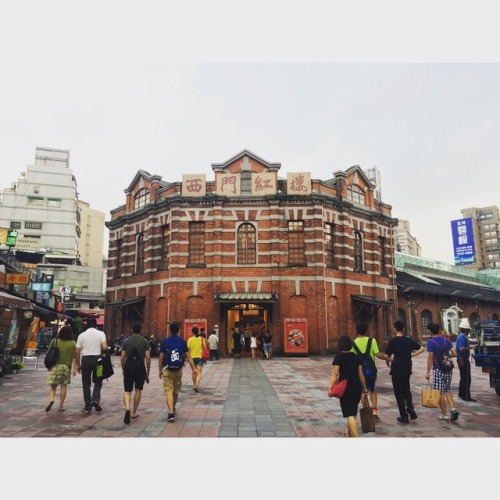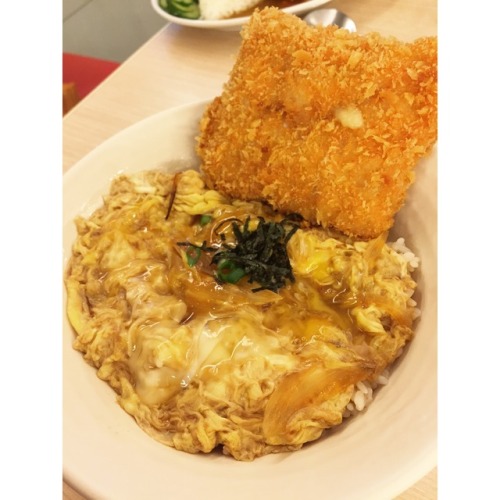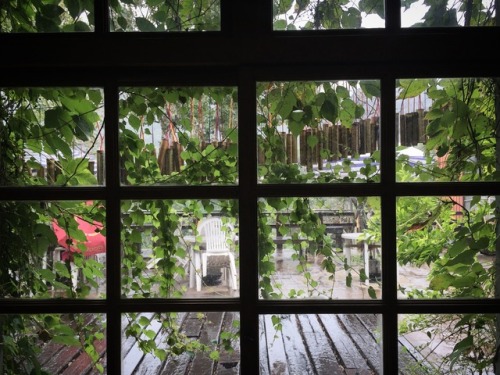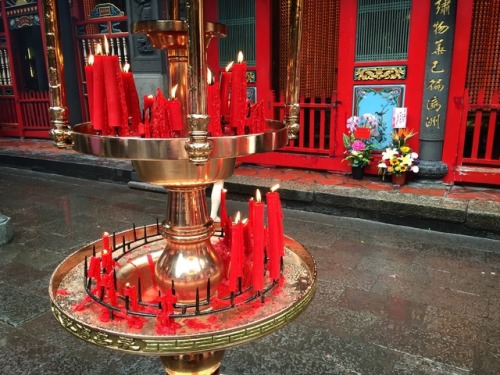#study abroad blog
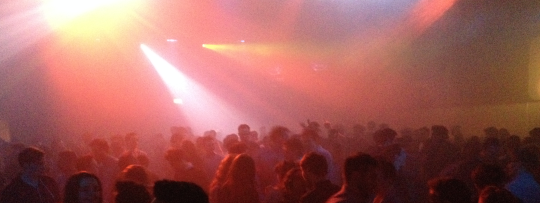
If you’re interested in international education, there’s a good chance you’ve read or heard of the New York Times’ recent article, ‘Study Abroad’s Seven Deadly Sins.’
I have been ruminating on the article since I read it. Is the author being flippant? Or does he genuinely mean to use that tone? It reads as a stuffy intellectual’s chide to some empty-headed young students, at whom he turns up his nose, self-assured of his superiority.
“A foreign country isn’t the place for a childish 20-year-old to grow up, especially when representing an American university.”
It’s this, right here, that I can’t let go of. We are consistently told that our college years are some of the most formative of our young adult lives: the experiences we have there, the choices we make, and the people we meet all remain with us, shaping the paths that we continue on. So, you know, isn’t it a good thing if we grow up (at least partially) in a place where we are forced to be more independent, are out of our comfort zones, and where we are exposed to new ways of thinking and behaving?
Let’s think about that. The oh-so-alliterative deadly sins? Slide courses, suds, sexual fervidity, shopping, self-segregation, smartphones, and selfie-taking.
I agree with the sentiment that the more you try to get out of your experience–that is, the more ‘mature’ you are about your goals and your actions–then yes, the more you’re going to get out of it. You’ll be able to reflect more clearly, be a better representative of your home country, and you’ll expose yourself to different values, beliefs, behaviors, and priorities. But is there anything wrong with being a bit immature about it? And are these ‘sins’ wholly wrong?
1. Slide courses
Strictly speaking, the experience of study abroad has to include the former part of the phrase. I think you should always ascertain the academic quality of your program provider or host institution before making a decision, but I also don’t think there’s anything wrong with taking easy classes. Easier classes mean less time studying or completing work and more time traveling, making social connections, and learning outside of the classroom. I didn’t take ‘slide courses’–I directly enrolled in major level classes–but taking fewer credits gave me those opportunities, and helped me learn to stress a little less about academics. I mean, really, I’m a big ol’ nerd that still sometimes determines my overall success and self-worth by my academic success, and it was while abroad that my priorities shifted and I learned to question that assumption. (And in case you’re thinking I just stopped caring and am using this as an excuse, I still feel the need to defend my academic calibre by pointing out that I graduated with honors from my undergraduate double major and with distinction from my master’s degree. But I also learned that that’s not all that matters.)
2. Suds
For sure, if you drink every single night, spending all your money on alcohol, forgoing other experiences in favor of a night out, and showing up to all your classes hungover, you’re not only wasting your time abroad, but you might also have a serious problem. This article, though, approaches drinking as if it shouldn’t even be touched. As if students aren’t drinking in their home universities! As if local students aren’t drinking at their universities! Drinking abroad was my first time legally drinking, and I definitely spent a good number of Glaswegian afternoons hungover in bed learning the hard way what ‘too much’ meant. But going out, even drinking too much, was a learning experience, and it greatly facilitated socializing with my fellow students, American or otherwise. My archery club was sponsored by a pub, and one of the university’s several bars was always the cheap place to meet up with other students. My experience isn’t unique either. Even if I chose not to drink, as plenty of people did, I wouldn’t have wanted to miss out on those nights where I got to know the people who are some of my best friends now (and even one who’s my husband…). Which brings me to:
3. Sexual Fervidity
This one annoys me perhaps more than any of the others, mostly because I fail to see how having sex with people stops you from having a positive and engaging study abroad experience. Again, it’s not like people don’t have sex at American universities…! These students are adults and are completely allowed to have consensual sex with as many people as they want. Or as few. Whatever, who cares? This doesn’t read to me anything as more than a bitter comment about the state of millennials’ relationships these days. Honestly, my biggest study abroad regret was that I didn’t break off my then relationship before I left, because it kept me tethered and choked my freedom, which includes my sexual freedom, whether I was planning on having sex with one, ten, or zero people. Eventually, I did start seeing someone abroad, and I really don’t think it affected my ability to experience my host culture, learn about local heritage, go to class, travel to new places, make friends, or get involved on campus–I still did all those things!
4. Shopping
I had never even considered that this was a problem. I’m not convinced it is. I haven’t seen people spend all their time shopping or get distracted by buying tons of souvenirs, despite my few years abroad and working with international students and in study abroad. Just because I haven’t seen it happen doesn’t mean it doesn’t happen, absolutely. But I’m just a little hesitant about believing it happens based on a vague personal story. Still I come back to the question–does this really detract from the experience? Shopping is a minimal part of everything a study abroad student gets up to, “when not drinking or looking for sex,” and it could even be seen as a positive. For example, if you’re studying fashion abroad, surely it’s not a bad thing to peruse local designers. I always wanted to show my fashionista friend around Glasgow’s thriving thrift shops and take her through its Style Mile, because I think she’d genuinely get a lot out of it. (Buchanan Street is also a great place to hang out and people-watch, by the way.)
5. Self-segregation
This is the only point in the article with which I have next to no issue. At my home University of Iowa, this is always a point of discussion when it comes to the international student population. It’s the same abroad. Of course you should always try to step outside of your comfort zone, and that definitely means hanging out with more than just other nationals. ‘Island’ programs in particular can make that difficult, where American students take classes with other American students and an American professor, and I do think this is something students need to avoid in order to immerse themselves more fully. You’re unlikely to expose yourself to new ways of thinking if you only ever speak to people in the same boat and from the same place as you. On the flip side, however, having my fellow study abroad friends really helped when I wanted to travel: they’re there to travel, too!
6. Smartphones
Sorry, is this another millennial complaint? It’s a trend to point out how glued people are to their phones, missing out on experiences because they’re looking at a screen. It’s valid, to an extent, but just having smartphones does not mean students are wasting their time abroad. Consider how many uses they have. Have a decent camera phone? Now there’s no need to carry a camera with you, too. Lost? Wifi or 4G + GPS could be a lifesaver. Real time updates on flight changes, anyone? Maybe you find out about an event from a facebook invite while on the go, and you head there instead of home. I’ve used my phone to transfer money from one account to another when I realized I couldn’t access a particular bank account. “If I ruled the world, no student abroad would be allowed a smartphone.” Oh, give me a break! I had a £10 flip phone while I was studying abroad. I got along fine with it, but it would have been really useful to have had a smartphone instead. At one point, I lost a printed bus ticket and ended up on the bus that day because my friend was able to use her smartphone to access my confirmation email in lieu of the ticket. I should have kept better watch of my ticket, but accidents happen. Her smartphone then made few other appearances on our weekend trip through the highlands. The problem is overuse, not the use entirely.
7. Selfie taking
This is an unsurprising complaint, and not without some foundation. If you take selfies everywhere, you’re likely wasting time; if you go somewhere and snap a shot of yourself without taking any of the location in, you’re not really experiencing it. And without a doubt, you should not be doing offensive and dangerous things full stop, let alone just for a photo op. I personally find it really annoying when people insist on retaking photo after photo somewhere, though I’m sure I am that annoying person sometimes. I do, however, greatly value being able to look back at photos of myself and friends traveling, hiking, at the pub, wherever. Those selfies show times when I was really happy; they’re snapshots of the experiences I had, and they bring those memories more freshly to mind. We’ve always done some version of the ‘selfie,’ and it’s usually to try to capture a memory, feeling, or experience, isn’t it? That’s no bad thing.
Supposedly, if we grow up before we go abroad, then we won’t fall prey to these sins, which ruin any given person’s study abroad experience and make us all look bad. Exactly when and where are we all supposed to grow up, other than not abroad and not while we’re “childish" twenty-somethings? I suspect that growing up is a process that does not actually end, so I don’t expect there is an answer to that. And I don’t think students need to grow up before they go abroad.
I say: be immature. Make a fool of yourself, and then be a better example. Question your priorities, and question your values. Learn from your mistakes. Have both a wild night out and an informative museum visit, without denying yourself the possibility that both of those things allow you to experience life more fully. Strive to open yourself to new experiences and give back positively. Ignore everything I’ve written, if you want. For study abroad and in a much wider sense, your experiences are for youto have. Don’t let someone else tell you what your process of self growth should be.
There are 177 canals in Venice and 417 bridges. I feel like I could walk around all day to the different districts and not get bored at all. Venice is beautiful!!
Venice, Italy
Post link
“Venice is like eating an entire box of chocolate liqueurs in one go.” ― Truman Capote
Venice, Italy
Post link
Some days I wish I could go back in life. Not to change anything, but to feel a few things twice.
Rio di Santa Santa Sofia, Venice, Italy
Post link
Not the most aesthetic photo, but it is the first picture I took when I got off the train and arrived in Venice. A beautiful day, a beautiful memory.
Venice, Italy
Post link
Woke up at 5:30 AM to watch the sunrise with my friends. We watched the sun glow over Venice. You can see the silhouette of Campanile di San Marco in front of the sun One of the most peaceful mornings of my life.
Murano, Italy
Post link
Longshan Temple was built in 1738 and is one of the oldest temples in Taiwan. You won’t be able to find old temples like this in China, because the Cultural Revolution destroyed many religious establishments.
Longshan Temple, Taipei, Taiwan
Post link
Enjoy a romantic stroll along the natural streams of Beitou!
Beitou Hot Spring Valley, Taipei, Taiwan
Post link
If you visit Treasure Hill, you can still see ruins of military veterans’ settlements from when the Kuomintang came to Taiwan. I believe this was a little kitchen. Sometimes history seems to have taken place so far in the past and other times it seems so recent.
Treasure Hill, Taipei, Taiwan
Post link
“Life is really simple, but we insist on making it complicated." ― Confucius
Longshan Temple, Taipei, Taiwan
Post link
Definitely one of the most haunting places I have ever been to. This place was a prison that housed political dissidents of the White Terror period. It wasn’t closed until 1991. It’s mind-blowing to think about how democracy is relatively new in Taiwan. We shouldn’t ever take democracy for granted!
Part of the memorial showcased some letters and stories of families that were affected by Taiwan’s political repression during the White Terror. Interesting related article here: https://www.nytimes.com/2016/02/04/world/asia/taiwan-white-terror-executions.html
Jing-Mei Human Rights Memorial and Cultural Park, New Taipei, Taiwan
Post link
Good old classic Taiwanese Lu Rou Fan (滷肉飯) or Braised pork on rice. Simple but delicious. Definitely one of those foods I could never get tired of!
Taipei, Taiwan
Post link
Small, free museum that delves into hot spring culture and the Japanese colonial era. The building is a well-preserved bathhouse built in 1913 under Japanese rule and was the largest bathhouse in East Asia at the time.
Beitou Hot Spring Museum, Taipei, Taiwan
Post link
“Water is fluid, soft, and yielding. But water will wear away rock, which is rigid and cannot yield. As a rule, whatever is fluid, soft, and yielding will overcome whatever is rigid and hard. This is another paradox: what is soft is strong.”
― Lao Tzu
Yehliu Geopark, New Taipei, Taiwan
Post link
Fort San Domingo was owned by the Spanish, Dutch, the Qing Dynasty Chinese government, and finally became the British trade consulate. After the United Kingdom broke off diplomatic ties with Taiwan, the Former British Consular Residence became a museum
Danshui (淡水), New Taipei, Taiwan
Post link
Another example of Japanese architecture in Taiwan. The ground floor of the theater is a mini museum that displays the history of the building. The Red House Theater used to be a market, but was later converted to a theater.
Red House Theater (西門紅樓), Taipei, Taiwan
Post link
Throwback to this wonderful meal I had in Taipei. Rice covered in a thin layer of egg and drenched in some type of magical sauce. It was also served with fried pork that was folded up to hold a very rich, sweet type of cheese.
Shi-Da Night Market (師大夜市), Taipei, Taiwan
Post link

